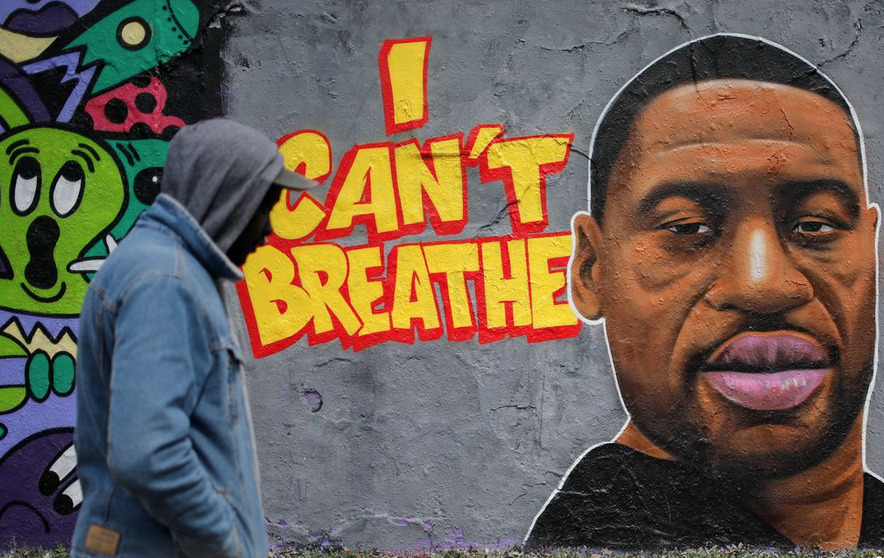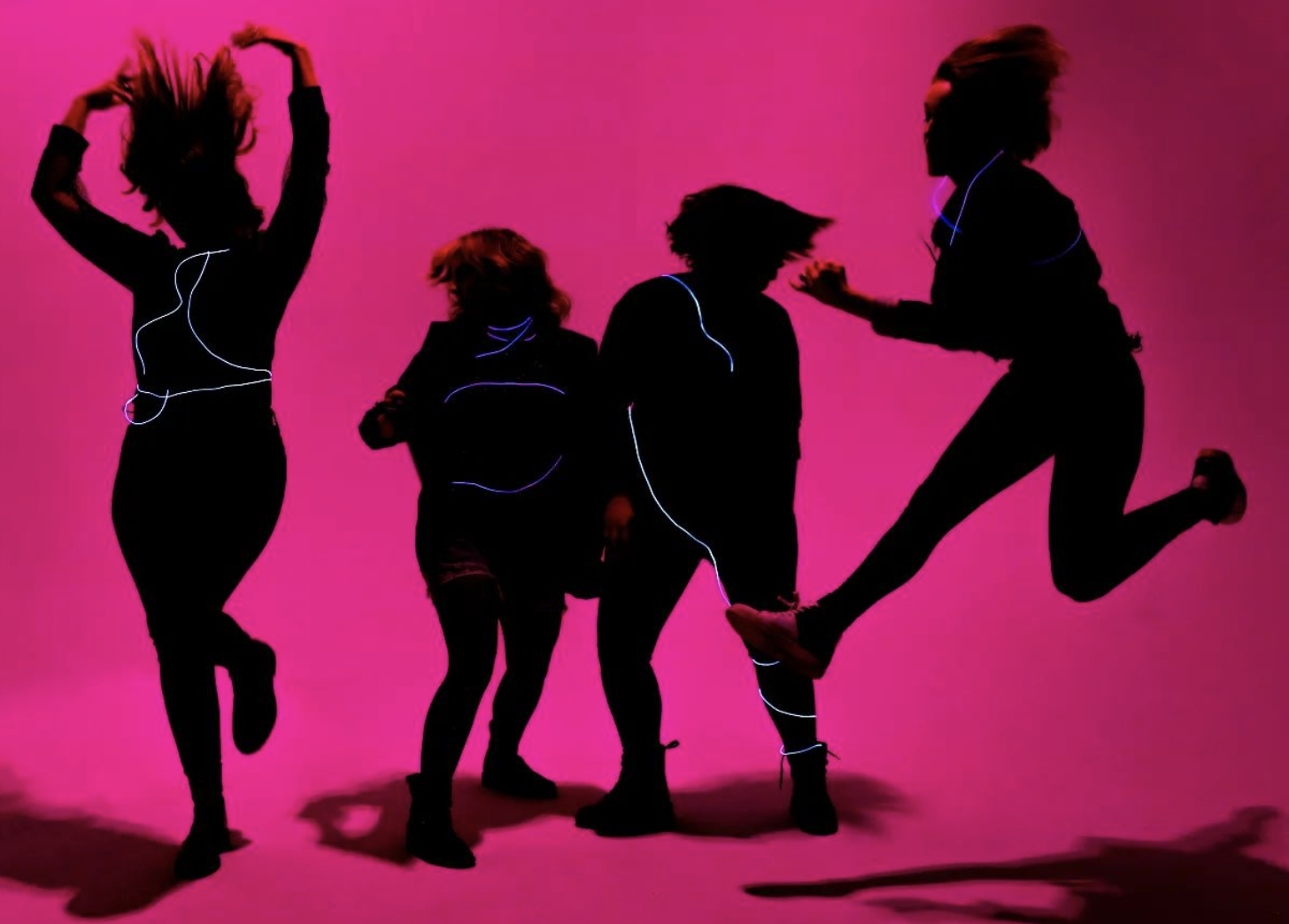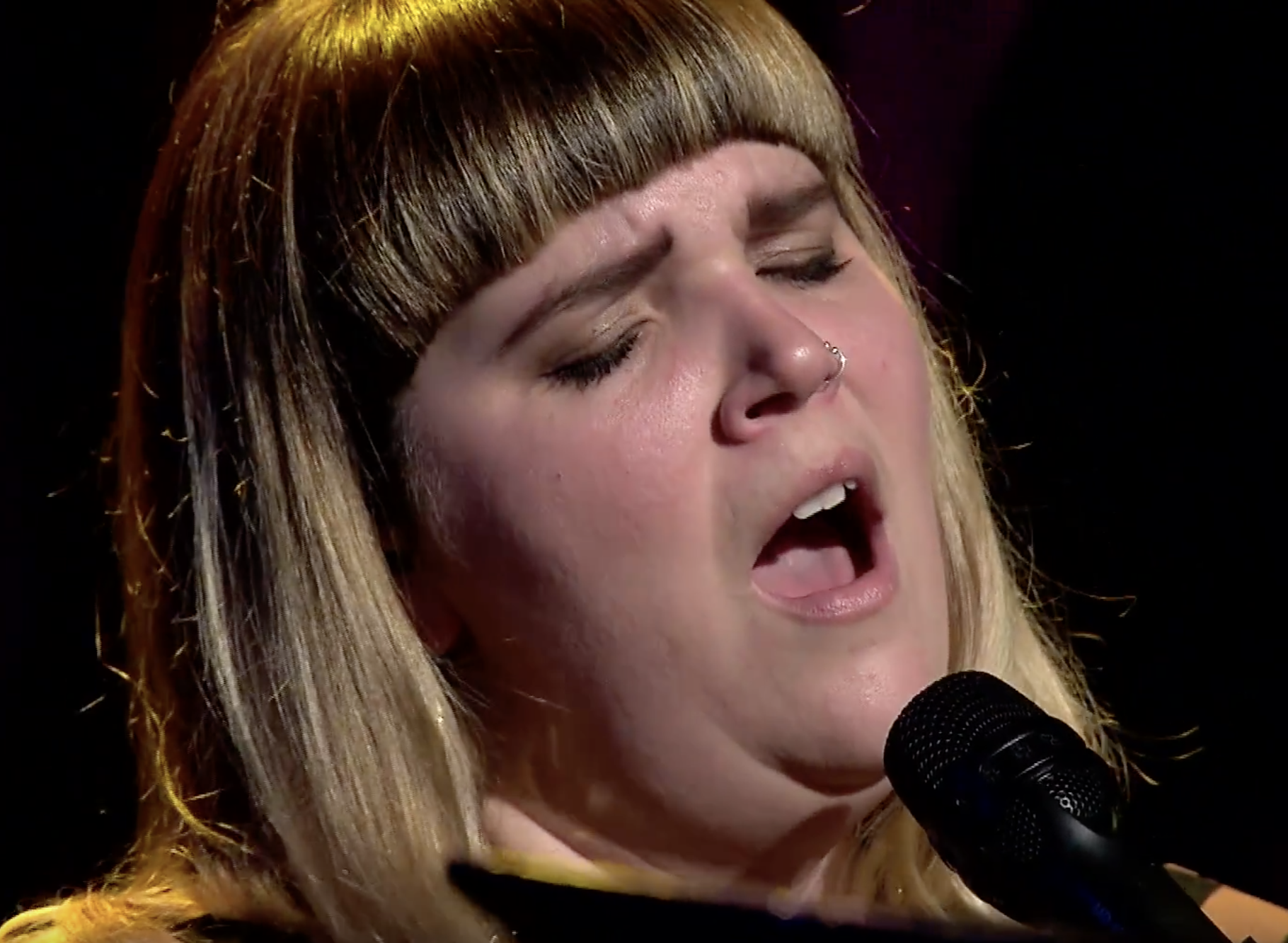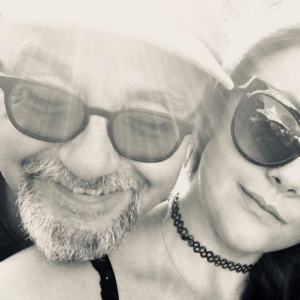Black History Month
DROPPING THE NEEDLE
Kiwanuka by Michael Kiwanuka CONTENTS
- INTRO: An updated and retro sound
- FULL ALBUM: Kiwanuka on Spotify and YouTube
- REVIEW: The UK Guardian’s 5 star review calls the album one of the greatest of the decade
- INTERVIEW: New York Times interview

THE UPDATED PERSONAL AND POLITICAL RETRO SOUND OF MICHAEL KIWANUKA
The self-titled third long player from gritty and sensitive British-Ugandan musician Michael Kiwanuka is as soulful a piece of music as you’re going to hear. And it pays a certain homage to the late 60s sounds of black activism, dreamy orchestration with some psychedelia thrown in while exploring both personal and political themes.
Kiwanuka’s keen ear and playing are wrapped in a brilliant production package by noted producer Danger Mouse and Inflo.
The collection has been playing to excellent reviews. Give it a listen and see if you agree.
Stay tuned,

09 February 2020
PLAYLISTS

KIWANUKA
The soulful singer’s third LP is timeless and contemporary at the same time. One of the best of the decade.
By Dave Simpson / The Guardian
Michael Kiwanuka’s first two albums established him as a folksy symphonic soul man akin to Bill Withers and Terry Callier, and set the bar pretty high. This one knocks it skyward. Together with producer-to-the-stars Danger Mouse and London hip-hop producer Inflo, the British-Ugandan 32-year-old has broadened his territory to stretch from Donny Hathaway-style melancholy soul through to Rolling Stones-y gospel rock, psychedelic soul and breakbeat. There are strings and harps, samples of civil rights campaigners, Hendrix-type frazzled guitars and Burt Bacharach-type orchestrations. The dreamlike, revelatory quality is reminiscent of Marvin Gaye’s What’s Going On and Primal Scream’s Screamadelica.
Unusually, in these streaming-led times, Kiwanuka is a contemplative song cycle intended to be listened to in one extended sitting, which he says is “a reaction against this fast-paced, throwaway, machine-led world”. It sounds timeless and contemporary; the instrumental interludes and the stylistic and tempo shifts all hang together because of his warm, sincere vocals and fantastic songwriting. At the core is Kiwanuka’s inner battle between anxiety, self-doubt, spirituality and wisdom, which is then set against racism and rueful glances at the state of the world. Thus, killer opener You Ain’t the Problem is both an encouraging nudge to himself and a sharp put-down of attitudes towards immigration: “If you don’t belong, you’re not the problem.”
Hero compares the murder of 60s activist Fred Hampton with recent US police shootings (“on the news again, I guess they killed another”), also referenced in the insistent Rolling (“No tears for the young, a bullet if you’re wrong”). Piano Joint (This Kind of Love) and Hard to Say Goodbye are beautifully pensive and Final Days ponders nuclear apocalypse. But for all its melancholy, Kiwanuka is never downbeat. There are moments – such as the “Time is the healer” gospel choir in I’ve Been Dazed, or hopeful closer Light – when positivity bursts through with such dazzling effect you want to cheer. Kiwanuka is a bold, expansive, heartfelt, sublime album. He’s snuck in at the final whistle, but surely this is among the decade’s best.
INTERVIEWMichael Kiwanuka Felt ‘One Step Away.’
Now He Has a Seat at the Table.
The London-born son of Ugandan immigrants on alienation, getting married and his self-assured new album, “Kiwanuka.”


By Reggie Ugwu / New York Times
Around the summer of 2016, shortly after his second album, “Love & Hate,” was released, Michael Kiwanuka started getting texts from Russell Crowe. The texts were friendly — compliments about his music, invitations to get a beer, enthusiastic updates about works in progress — but felt strangely portentous, like being invited behind a velvet rope. After all, Crowe, the Academy Award-winning star of “Gladiator,” was seeking out and befriending Kiwanuka, an acclaimed but relatively obscure singer-songwriter who still felt grateful for more than a few hundred likes on Instagram.
Kiwanuka felt the strangeness most intensely when he went to one of Crowe’s dinner parties. He hadn’t known it was a dinner party. He just thought Crowe was inviting him to hang out. But there he was, at a dining table in Crowe’s expensive London hotel suite, as a parade of Britain’s tabloid elite walked in and sat next to him: David Beckham, Tom Jones, Ed Sheeran. He could feel the eyes in the room bearing down on him, all of which seemed to be asking the same question: Who in the hell is that?
Kiwanuka’s third album, called “Kiwanuka” and out Friday, is a hard-won answer to that question. It’s a muscular, multilayered declaration of self-worth and reliance from an artist who has been open about his insecurities, both as a “Black Man in a White World,” as he put it in a trenchant 2016 song, and as a rock and soul singer who was born into the wrong decade.
The Jimi Hendrix-worshiping, London-born son of Ugandan immigrants, Kiwanuka has been gradually asserting a place for himself in a landscape dominated by hip-hop and electronic music since he won the BBC’s Sound of 2012 poll, beating out Frank Ocean and Skrillex.
His first album, “Home Again” (2012), impressed critics with its observant, soul-flecked folk songs, delivered in a rich, full-bodied voice that sounded the way drinking hot cocoa in front of a crackling fireplace feels. But it was “Love & Hate” — an eclectic reanimation of psych rock, political R&B and funk, which, among other distinctions, spawned the unlikely theme song for “Big Little Lies” — that first showed the artist growing into his talents, and earned him a seat at that table with Beckham and Sheeran. (Kiwanuka, an introvert, said he only lasted at the party for about two hours.)
He re-teamed with the producers of “Love & Hate,” Danger Mouse and Inflo, to make “Kiwanuka,” on which questions of ego, identity and belonging receive top billing. “If you don’t belong, live in the trouble,” he sings on the upbeat first single, “You Ain’t the Problem,” putting a finger on what could be the album’s thesis statement.
Earlier this fall, Kiwanuka, 32, sat at a sidewalk cafe in Williamsburg, Brooklyn — wearing his signature unkempt Afro and high-top Chuck Taylors — and discussed feeling perpetually “one step away” from social acceptance as a child, the effect getting married had on his songwriting and the prognosis for rock ’n’ roll in the 21st century. These are edited excerpts from the conversation.
“You Ain’t the Problem” is a kind of pep talk for people who might feel rejected, or fear rejection. Was that something that you needed to hear?
It was a little, yeah. I was thinking about being an artist and, specifically, how I used to get really self-conscious at festivals. I would see my favorite artists, or people who I thought were really cool and had these things that I aspired to have, and I’d be like “Man, I don’t know how to do that”; or “My songs are like this, but if only they were like that.” I just got really tired of that negative, beat-yourself-up mentality. I started to think, “Screw this, man: There’s nothing wrong with me. Of course I can work on myself and grow, but enough of this self-deprecating attitude. Let me just enjoy this amazing experience of being an artist, and believe in myself, and keep going.”
“Hero,” the second single, is almost the flip side of that. It’s “I’m everything you ever wanted. Now what?”
I was thinking about what it takes to become a big name, like a full-blown superstar. A lot of the times it’s inventing this image, or an alter ego, like Elton John or Bob Dylan or David Bowie. I really hated that idea, because I’ve taken so long just to be really happy with myself — the last thing I want to do is try to make up this new character. So “Hero” is kind of posing that question: If I do all of these things, will I become this iconic big singer?
Alienation and self-worth are recurring themes in your music. Is that the legacy of your childhood in London?
Yeah. My family and I stuck out so much in the town we were in. It was mostly white people. I was lucky because I had a fun upbringing, but I never quite slotted in anywhere perfectly. I would listen to rock music and indie, but I could never dress like those kids did — I couldn’t even figure out where to get the clothes from. And even when we would go to Uganda, they would call me and my brother “mzungu,” which can mean either English or white man. So everywhere I went I was always just one step away from being the thing that everyone else was. It wasn’t until I started playing in bands and making my own music in secondary school that I felt like I found a place where I really belonged.
Since “Love & Hate,” you’ve gotten married and entered your 30s. Has it changed you?
It has; I think it really helped improve my confidence. All that stuff about comparing myself to other artists, or feeling insecure in the studio, it really started to die down after I got married. I’m enjoying the skin I’m in a bit more. There’s just a peace in feeling like “This is my team.” It’s made me care more about other people.
Are you writing differently?
It’s funny, because I love melancholy stuff so much. But now I do want to sing about more joyful things, instead of just “Cold Little Heart.” There’s a song on this album called “Piano Joint” that originally had a different theme and chorus. It used to be “My oh my, it’s sad in love.” Danger Mouse and I liked it a lot, and it rhymed perfectly. But I just couldn’t sing it — it was too negative. When I went to record it for the album, I told the engineer that I had to change the lyrics. So now it’s “My oh my, this kind of love,” and it’s about how even in the hard times, love is what gets you through. If I had left it the other way, I wouldn’t have been able to perform it every night. It wouldn’t have been true.
You mentioned feeling like an outlier as a black kid who listened to rock. It made me think of how much rock itself has fallen outside of the mainstream.
Definitely. I think it’s lost some relevance for now. I think it got to the point where it was so based in aesthetics, the skinny jeans and everything, that it was almost a joke. If you said you were in an indie band, people would kind of roll their eyes at you. So right now, it’s in a bit of a timeout. But everything goes in cycles.
The good thing is, if you’re making rock and indie now, you’re definitely not doing it to be cool, or make millions of dollars. And I think sometimes that’s how you get those game-changing albums that shock people with something that feels real and true and unexpected. I definitely think music could do with something like that again.
Reggie Ugwu is a pop culture reporter covering a range of subjects, including film, television, music and internet culture. Before joining The Times in 2017, he was a reporter for BuzzFeed News and Billboard magazine.





